News & Events
Study Visit Hosted to Chongqing, China
Date : 2025-01-11
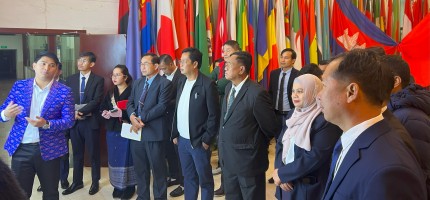
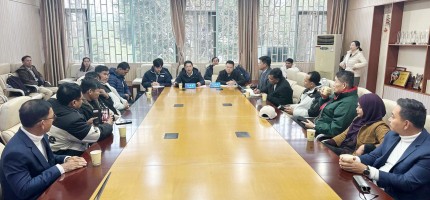
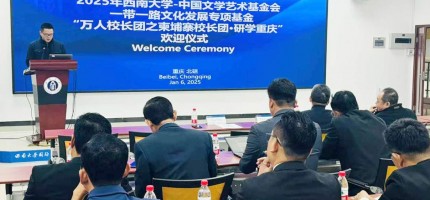
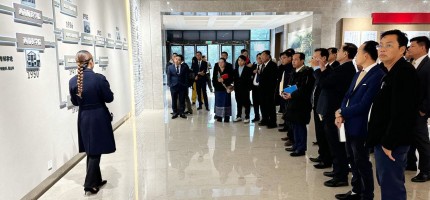
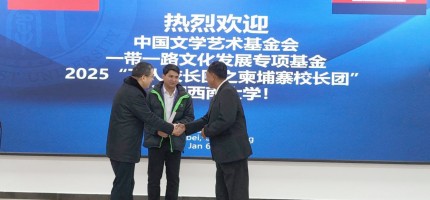
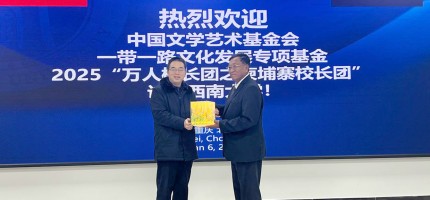
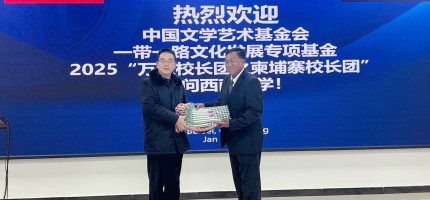
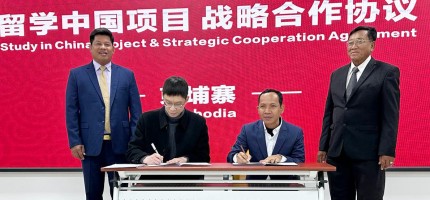
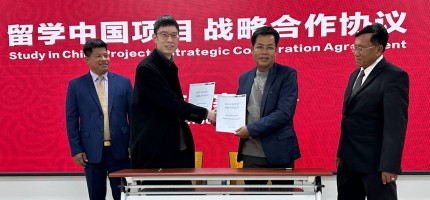
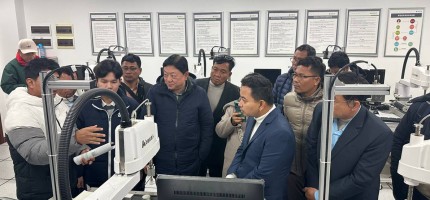
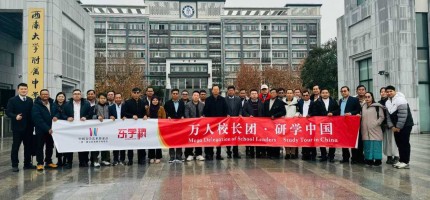
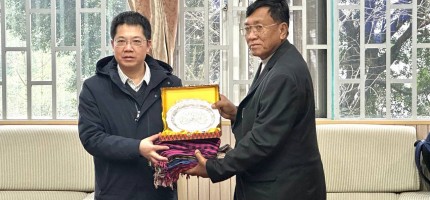
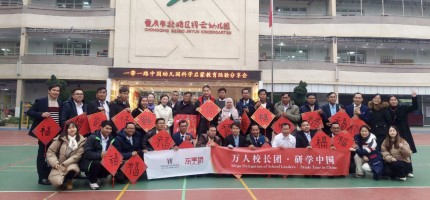
In a significant move to enhance educational reform, Kampuchea Action to Promote Education (KAPE), a leading educational NGO in Cambodia, facilitated a strategic eight-day study visit to Chongqing, China. The visit, which took place from January 4 to 11, 2025, marks a pivotal step in strengthening the New Generation School Initiative (NGSI), Cambodia's flagship program for autonomous, high-performing public schools.
The high-level delegation was led by Mr. Hin Simhuon, KAPE's Vice Executive Director, and Mr. Ul Run, the Operation Manager for the NGSI. This initiative was made possible through a dynamic new partnership with Chongqing Dongxueji Culture Communication Co. Ltd., and was supported by the prestigious China Literature and Art Foundation and the One Belt and One Road Initiative Special Fund. This collaboration underscores a shared commitment to fostering educational excellence through international exchange.
Core Objectives: Fostering Innovation and Global Partnerships
The visit was meticulously planned with three primary objectives, each designed to absorb and transfer cutting-edge educational practices to Cambodia:
-
Observing Best Practices and Innovative Pedagogy: The delegation immersed itself in the Chinese educational system by visiting leading institutions, including the High School Affiliated to Southwest University and the Chongqing University of Post and Telecommunications. The goal was to observe firsthand and analyze advanced educational models, particularly in STEM education, digital technology integration, and modern school management. This provided invaluable insights into how these successful schools cultivate academic excellence and prepare students for the 21st century.
-
Building a Framework for Sustainable Collaboration: A key goal was to move beyond a simple visit and establish a durable framework for future cooperation. The delegation focused on building strong institutional relationships with their counterparts in Chongqing. These discussions laid the groundwork for short-term exchange programs for both students and educators, reciprocal study visits, and specialized short training courses designed to build the capacity of Cambodia's current and future teachers.
-
Formalizing Long-Term Cooperation through a Memorandum of Understanding (MoU): The capstone of the visit was the successful signing of a Memorandum of Understanding (MoU) between the New Generation School Initiative and the partner universities in Chongqing. This formal agreement solidifies the partnership, creating a clear pathway for ongoing collaboration and ensuring that the knowledge and resources shared will have a long-term and sustainable impact on Cambodia's education sector.
A Delegation of Cambodia's Educational Leaders
The delegation comprised key implementers of Cambodia's educational reforms, including senior technical staff from KAPE and, most importantly, the Directors of seven prominent New Generation Schools. These school leaders are at the forefront of implementing innovative teaching and administrative practices in Cambodia.
The participating schools included:
-
Prek Leap High School
-
Samdech Akka Thom PhorThisal Chea Sim Prek Anchanh High School
-
Hun Sen Peam Chi Kang High School
-
Hun Sen Kampong Cham High School
-
Preah Ang Duong High School
-
Kok Pring High School
-
Aranya Raingsey Secondary School
Significance and Future Outlook
This study visit represents a critical investment in the future of the New Generation School Initiative. By enabling school leaders to directly engage with world-class educational systems, KAPE is empowering them to return and infuse their schools with new ideas, proven strategies, and a global perspective. The knowledge and partnerships gained in Chongqing are expected to catalyze further innovation within the NGSI network, ultimately enhancing the quality of education for thousands of Cambodian students.
Link to other Website
International NGOs
Local NGOs
Media
Ministries of Royal Government of Cambodia
- Ministry of Education, Youth and Sport (MoEYS)
- Ministry of Health (MoH)
- Ministry of Economy and Finance (MoEF)
- Ministry of Interior (MoI)
Other links
117
Preschool(s)
178
Primary Schools
207
High Schools
2
Higher Education Institutions
163,072
Students
4,487
Teachers/Directors
5,362
Stakeholders


